Reading Non-Fiction Worksheets for Ages 4-8
96 filtered results
-
From - To
Introduce your child to the fascinating world of facts with our specially crafted Reading Non-Fiction Worksheets for Ages 4-8. These engaging, age-appropriate worksheets are designed to boost reading comprehension and critical thinking skills by exposing young readers to a variety of real-world topics. Each worksheet offers short passages followed by questions that challenge children to recall details, understand the main idea, and make simple inferences. Perfect for both classroom and home learning, these activities will spark curiosity and a love for learning in your little one. Start exploring and watch young minds grow!
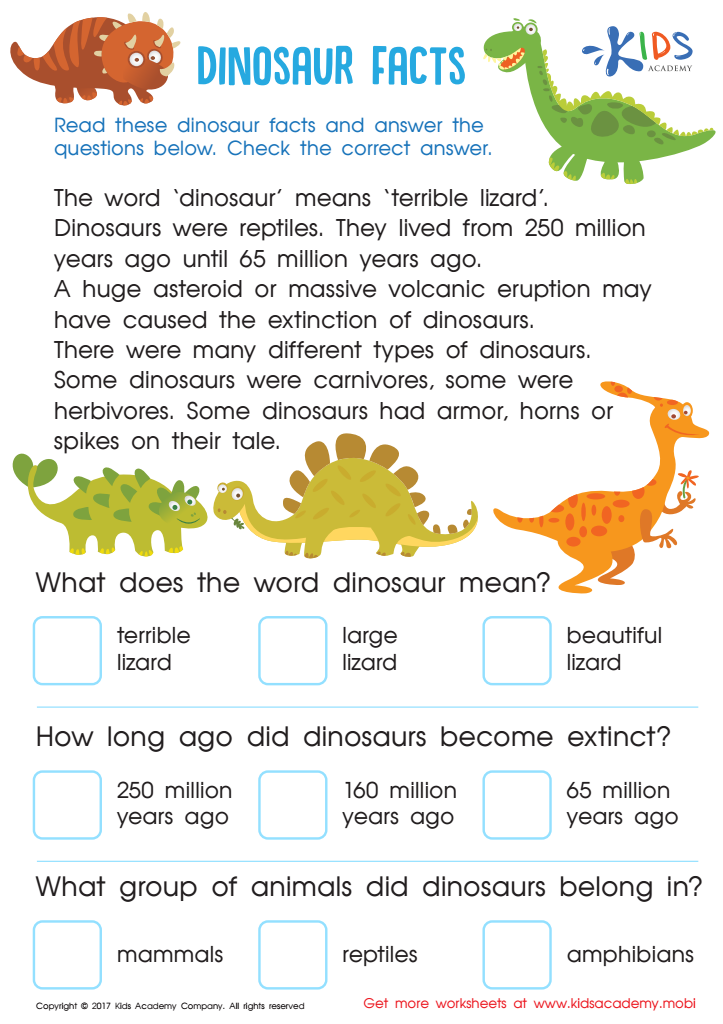

Dinosaur Facts Worksheet
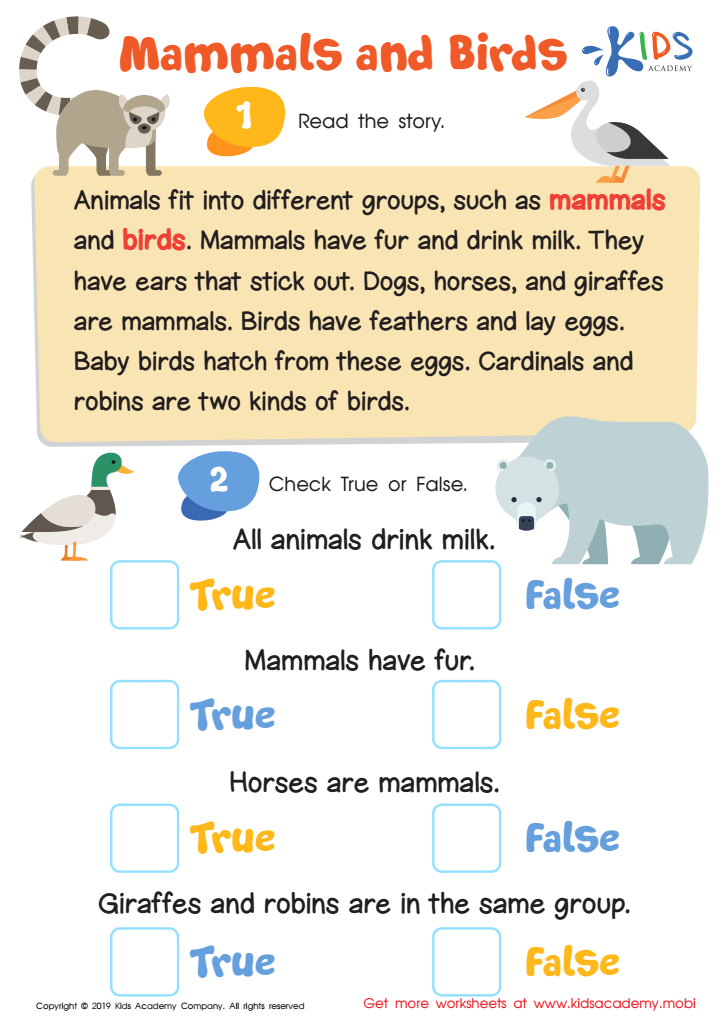

Mammals and Birds Worksheet
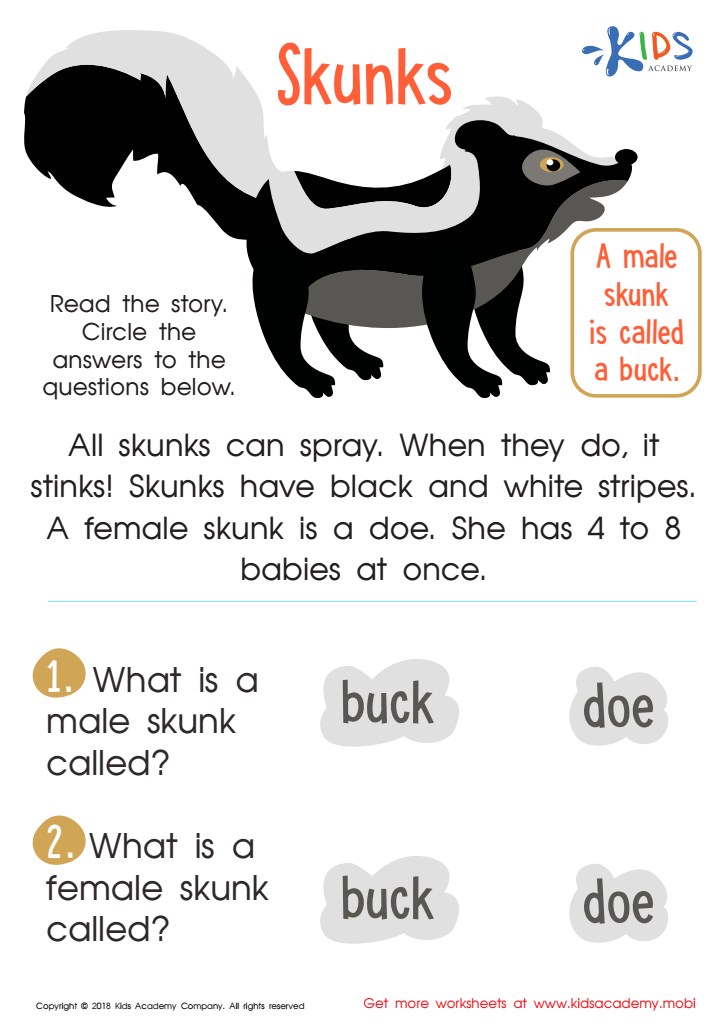

Skunks Worksheet
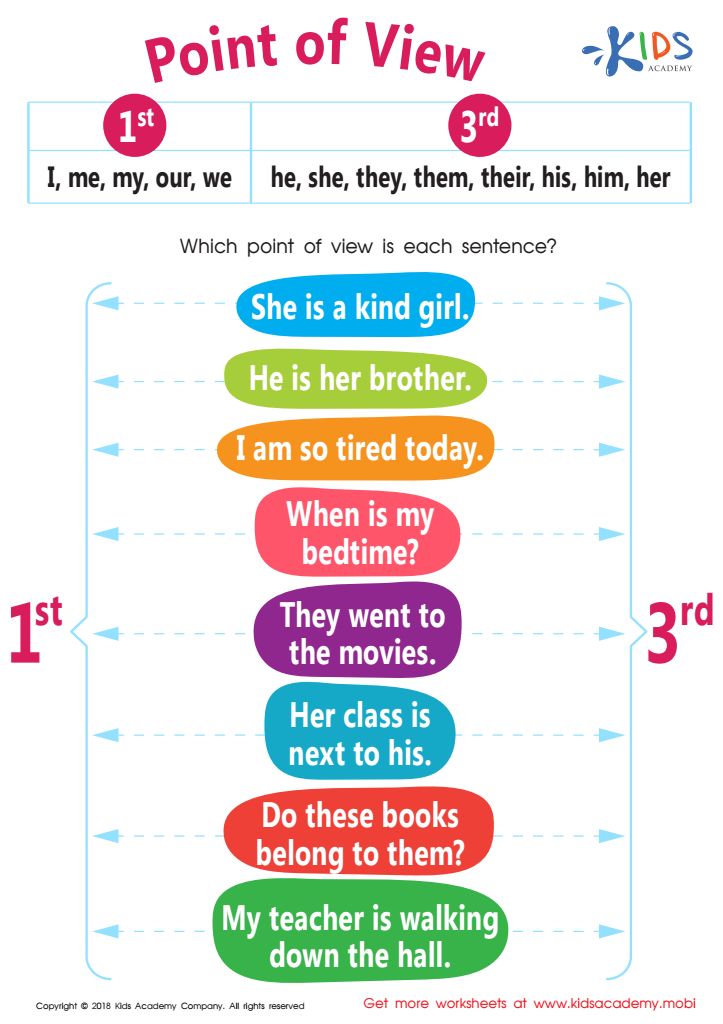

Point of View Worksheet
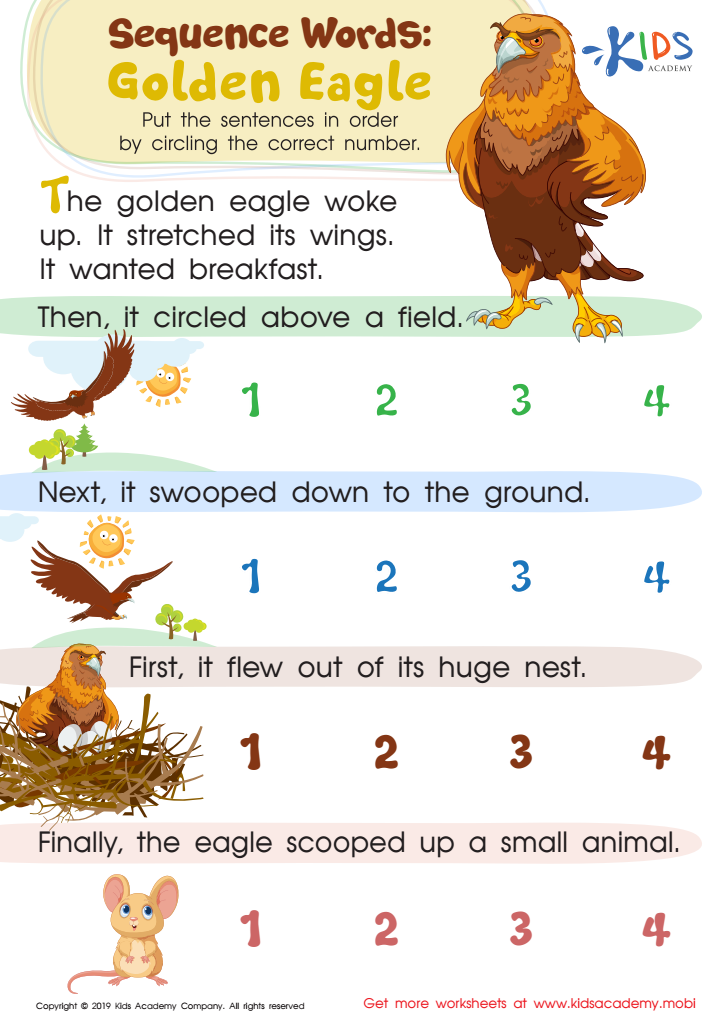

Sequence Word Eagle Worksheet
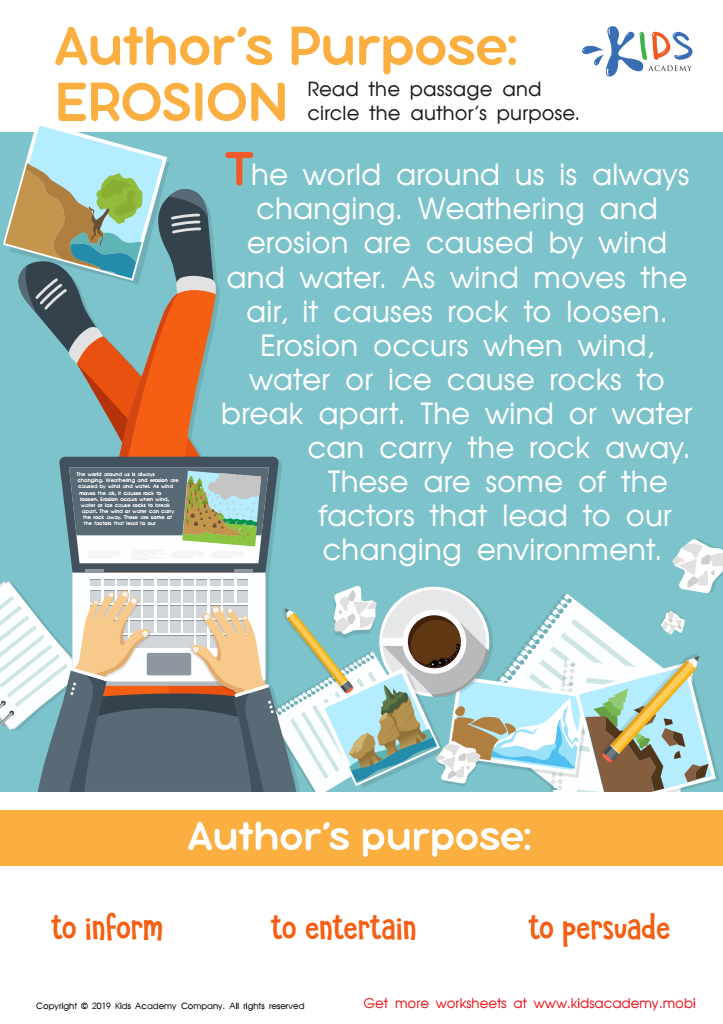

Author’s Purpose: Erosion Worksheet


White House Worksheet
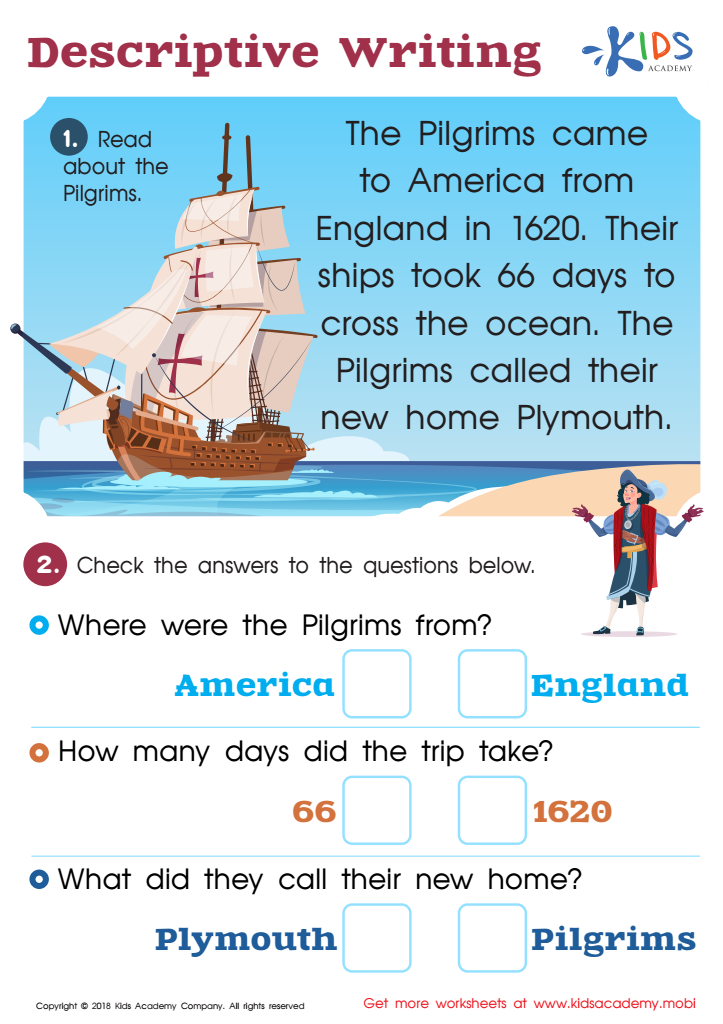

Descriptive Writing Worksheet: Part 1
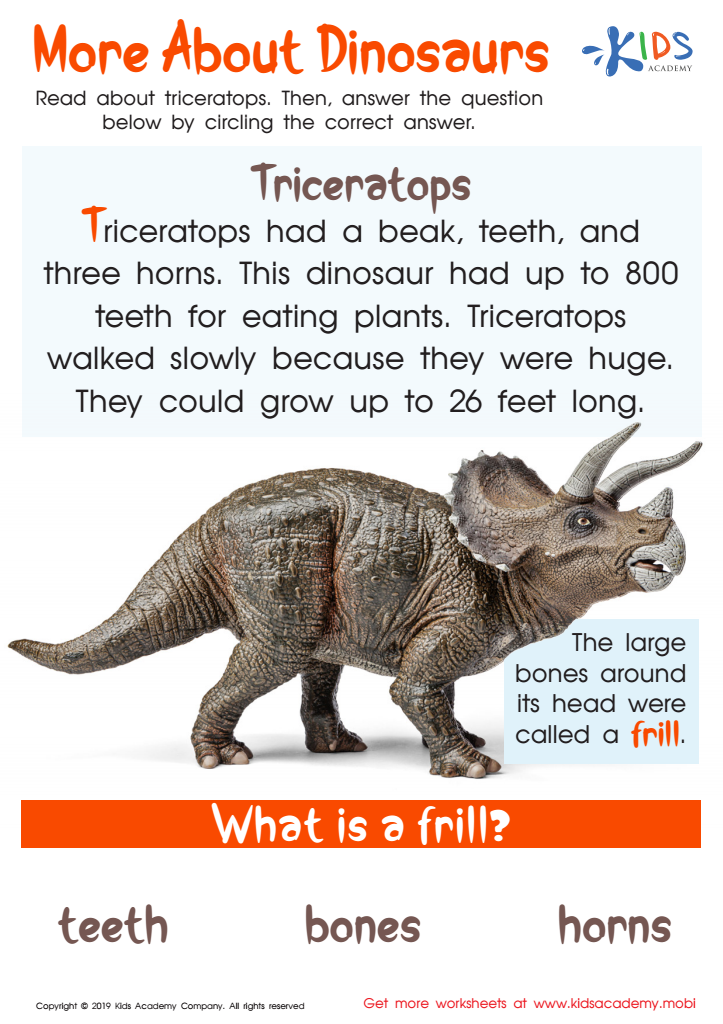

More About Dinosaurs Worksheet
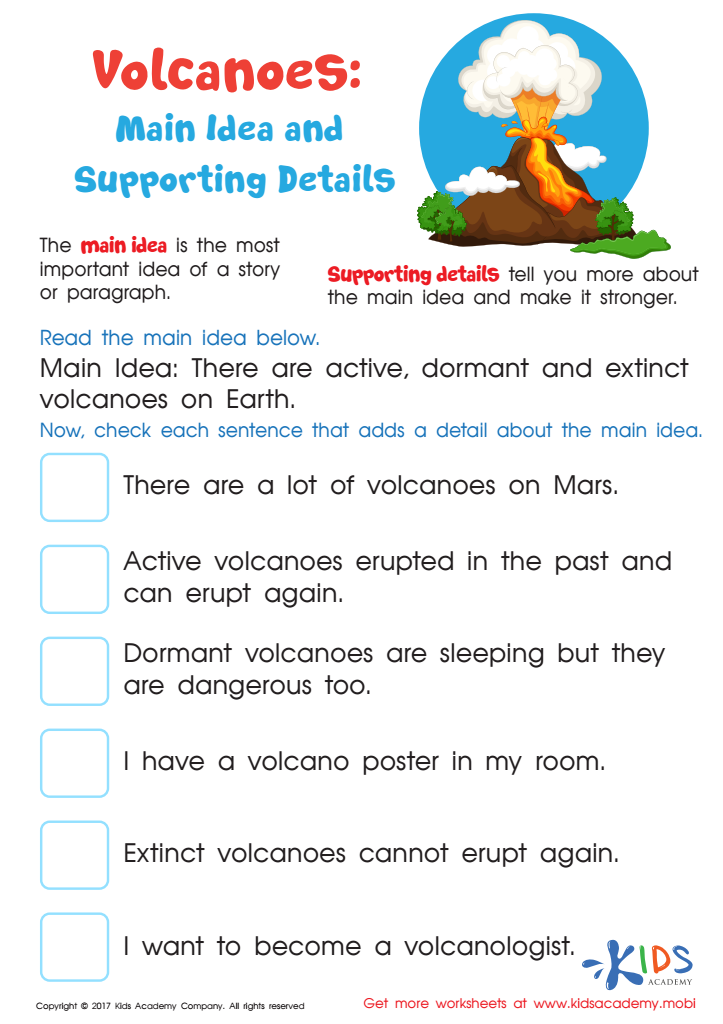

Volcano Facts Worksheet
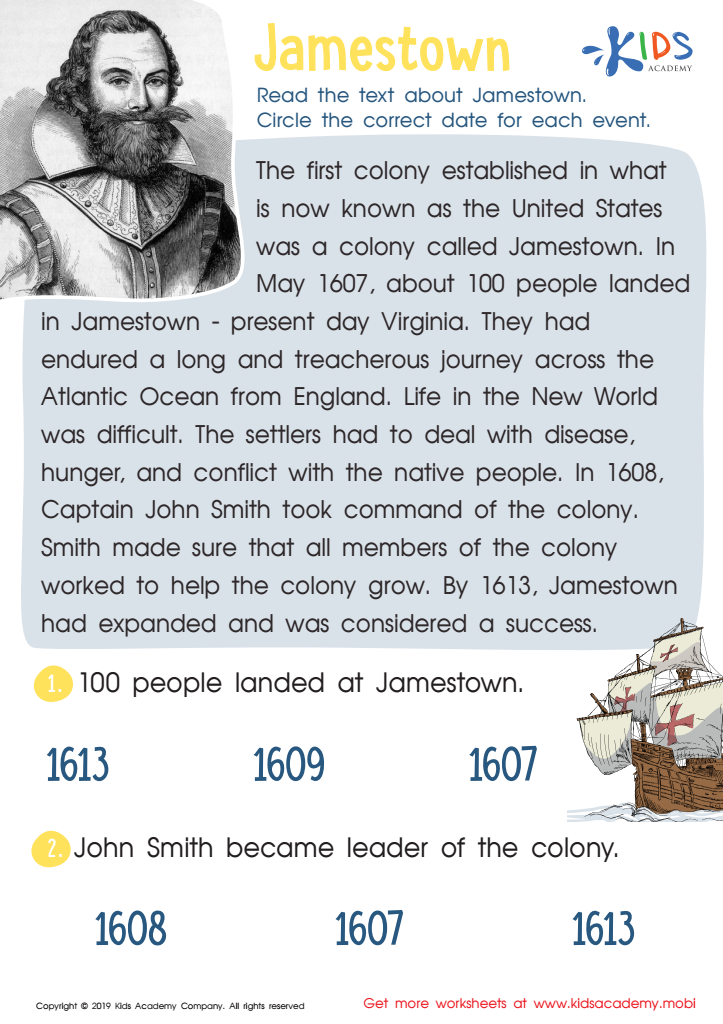

Jamestown Worksheet
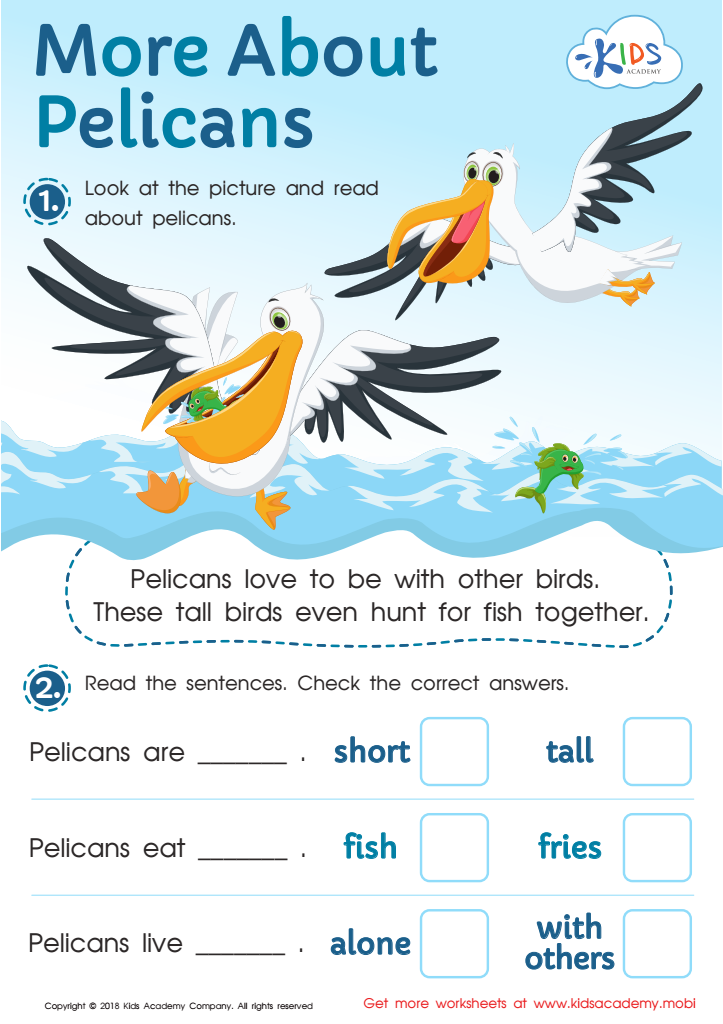

More About Pelicans Worksheet
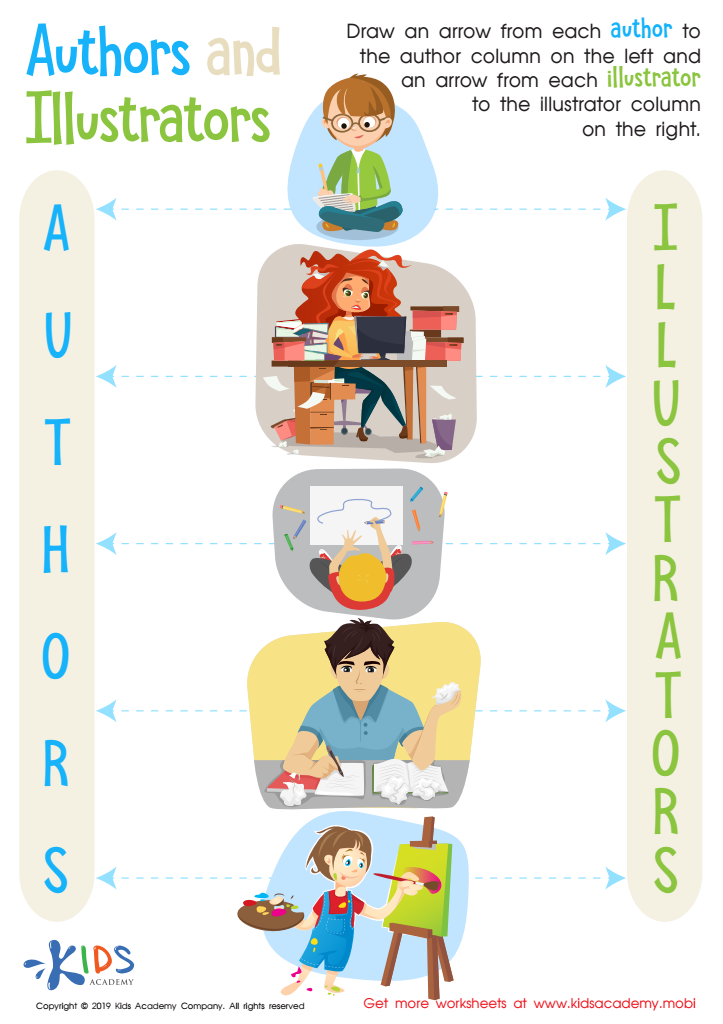

Authors and Illustrators Worksheet
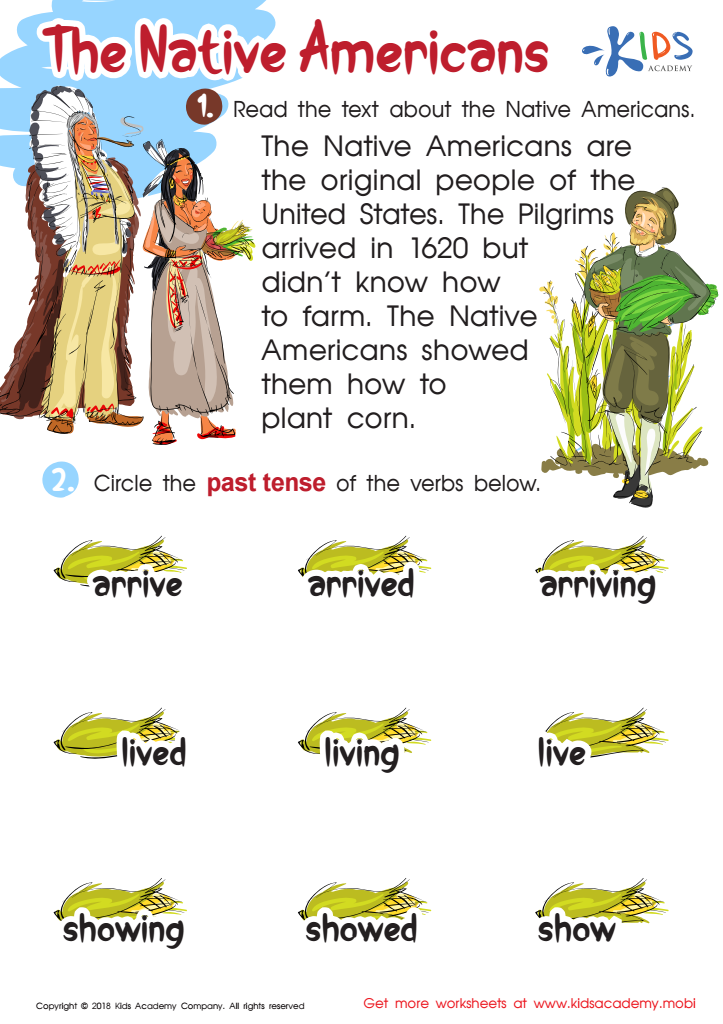

The Native Americans Worksheet
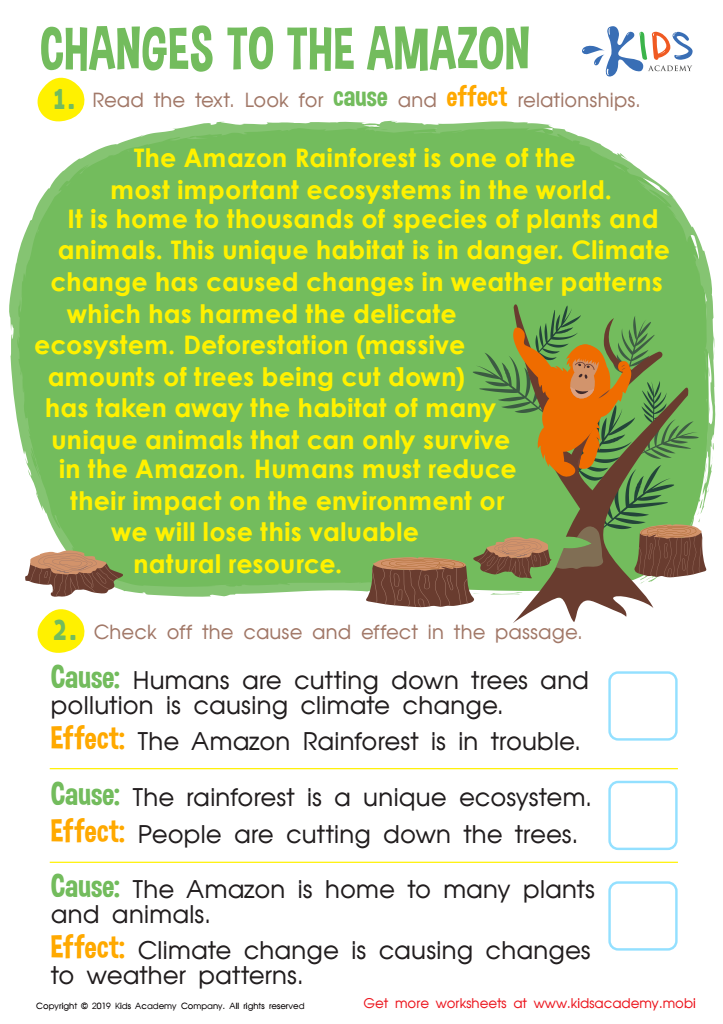

Changes to the Amazon Worksheet
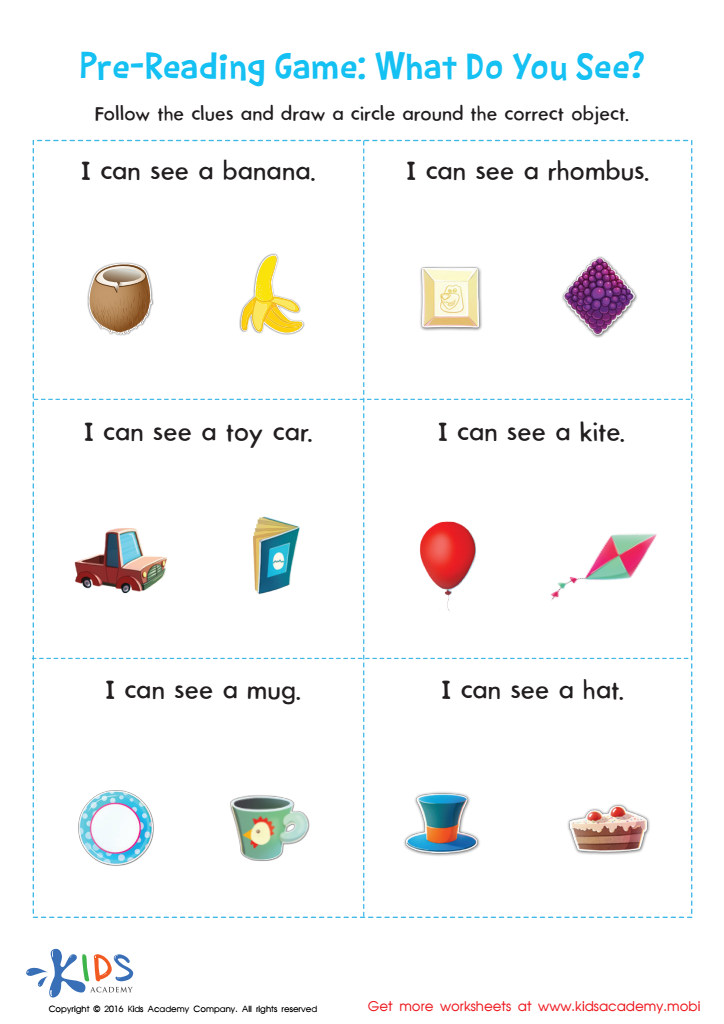

Pre–reading Worksheet: What Do You See?
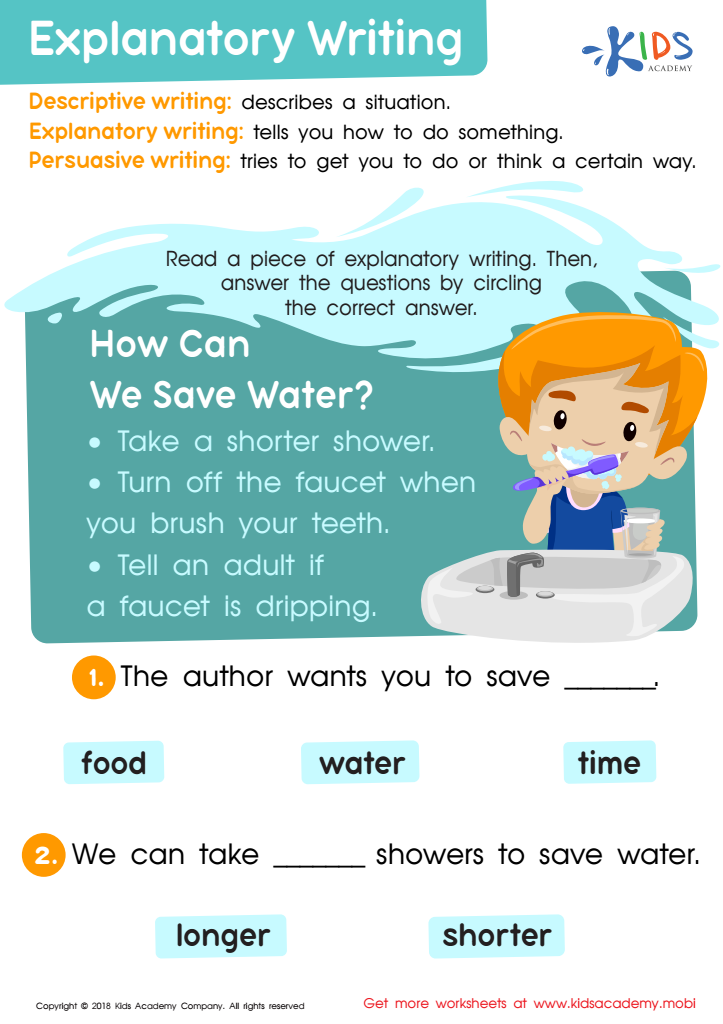

Explanatory Writing Worksheet
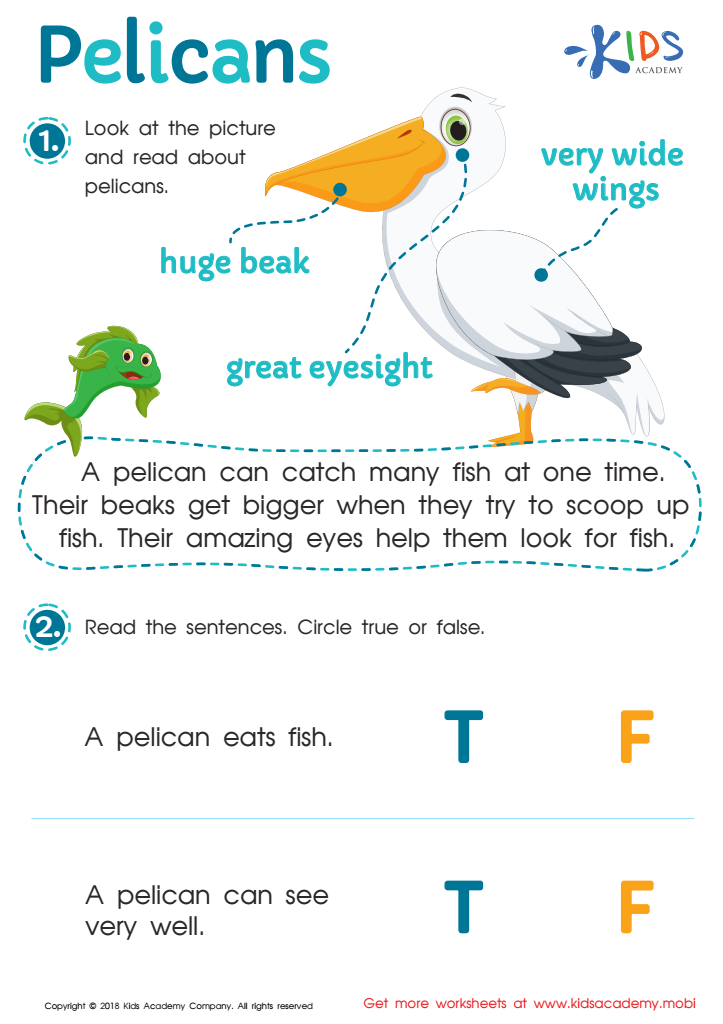

Pelicans Worksheet
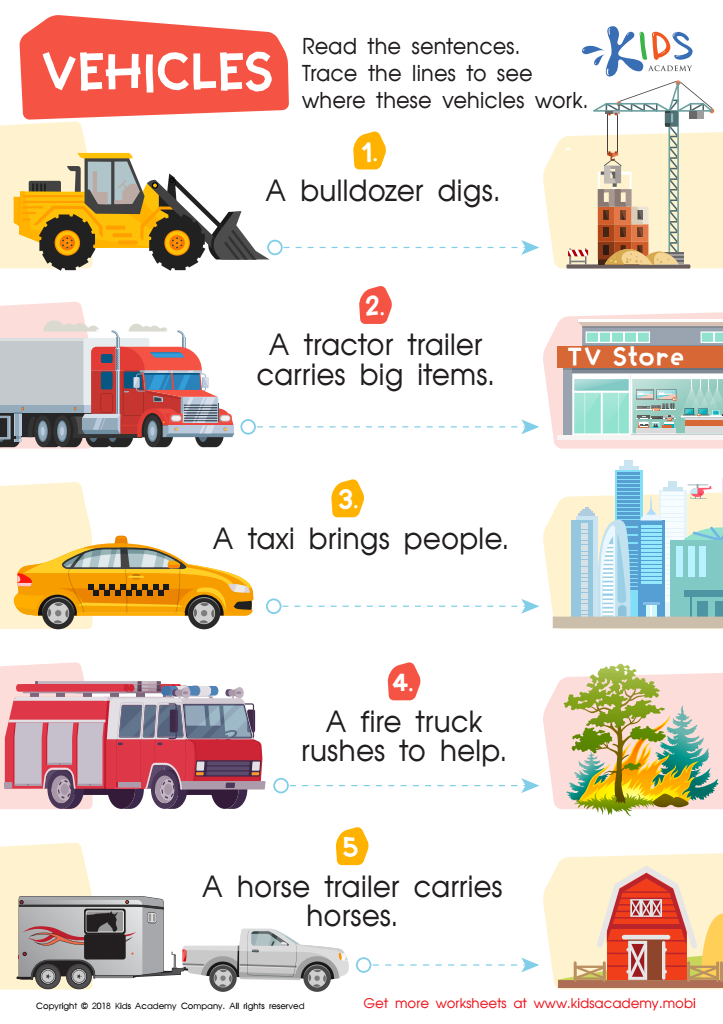

Vehicles Worksheet
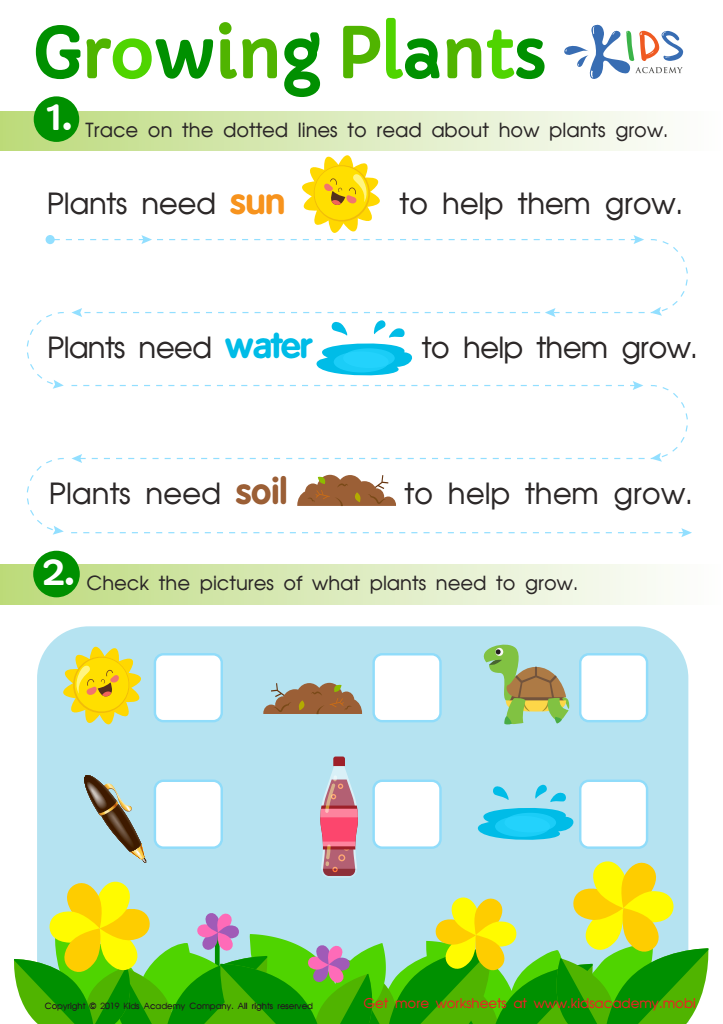

Growing Plants Worksheet
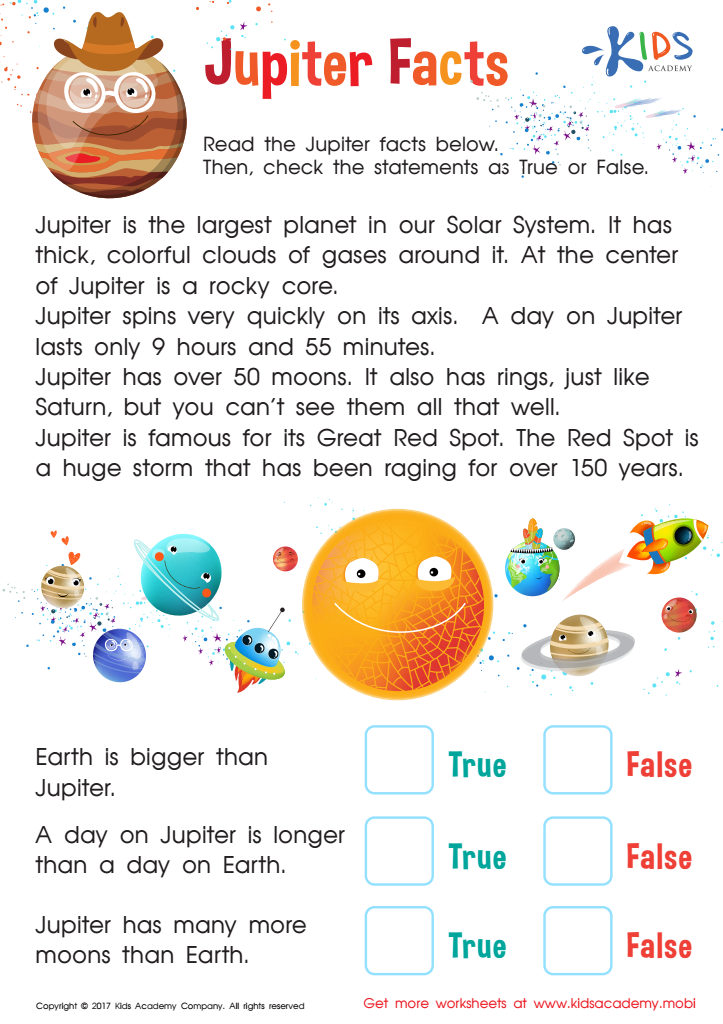

Jupiter Facts Worksheet


The Dentist Worksheet
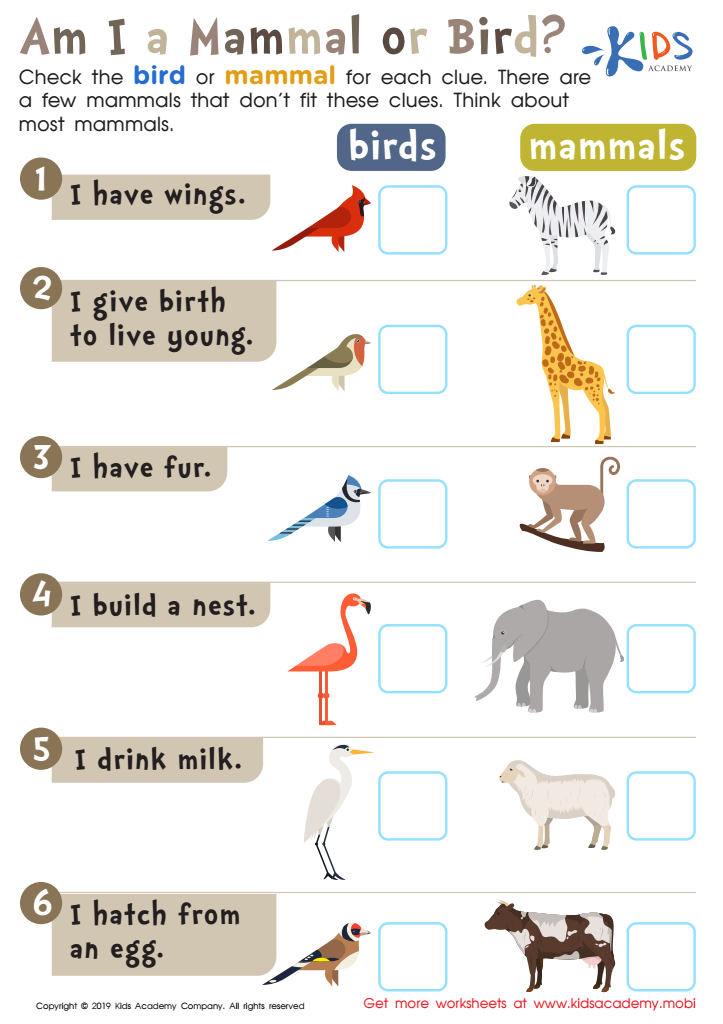

Am I a Mammal or Bird? Worksheet
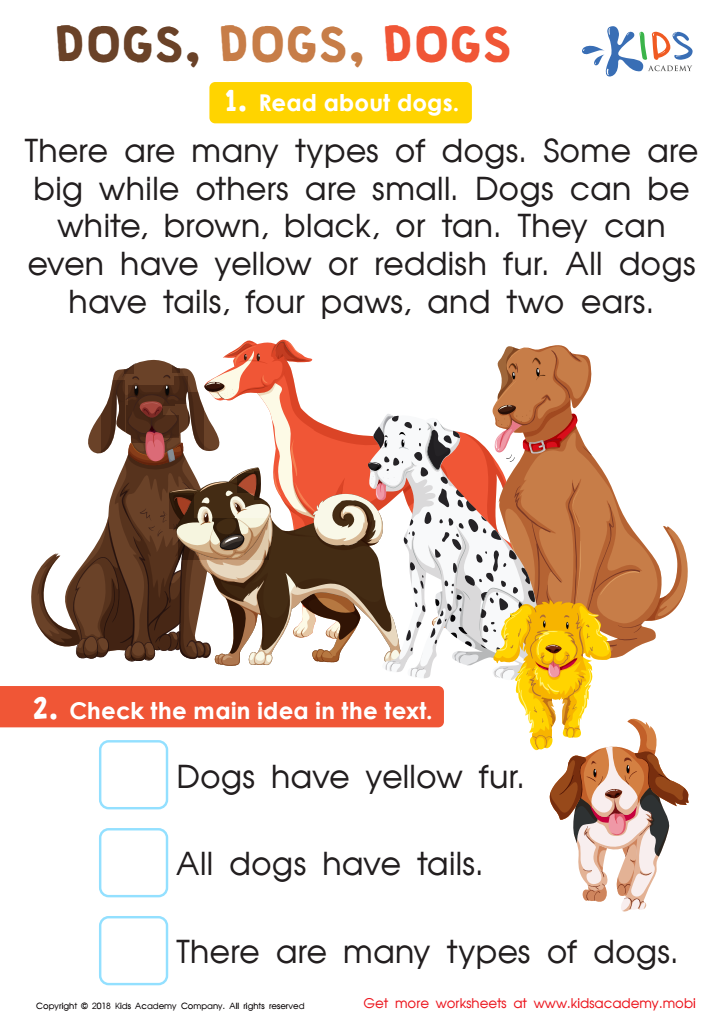

Dogs, Dogs Worksheet
Reading non-fiction to children aged 4-8 is incredibly valuable for their development. First, it broadens their understanding of the world. While fiction stimulates imagination and creativity, non-fiction introduces them to factual information about their surroundings, nature, history, and different cultures. For instance, a book about animals can ignite a lifelong interest in wildlife conservation.
Second, engaging with non-fiction helps develop critical thinking skills. Young children learn to differentiate between factual information and opinions, and to ask questions about what they’re learning—skills essential for their future education.
Additionally, non-fiction enhances vocabulary and comprehension skills. Children are exposed to specific terminology related to various subjects—science, geography, or technology—that they might not encounter in daily conversation or through fiction.
Reading non-fiction also inspires real-world applications. A book on simple machines, for instance, might motivate a child to build something themselves, thus integrating learning with hands-on experiences.
Emotionally, children gain confidence and independence when they can share accurate information with peers and adults. For these reasons, both parents and teachers should prioritize including non-fiction in reading routines. This blend of factual and imaginative content builds a balanced intellectual foundation and fosters lifelong learning habits.
 Assign to My Students
Assign to My Students
















